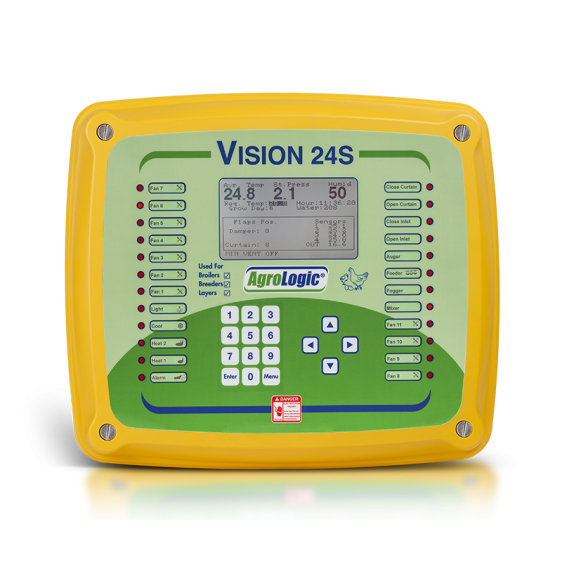Dec . 21, 2024 11:56 Back to list
hdpe drip irrigation service
HDPE Drip Irrigation Service Revolutionizing Agricultural Efficiency
In the dynamic landscape of modern agriculture, the need for efficient, sustainable, and cost-effective irrigation solutions has never been more pronounced. Among the various technologies available, High-Density Polyethylene (HDPE) drip irrigation systems are emerging as one of the most effective methods for conserving water and enhancing crop yields. This article delves into the significance of HDPE drip irrigation services, exploring their benefits, applications, and future prospects.
Understanding Drip Irrigation
Drip irrigation is a precise method of watering crops that delivers water directly to the roots of plants through a network of tubing and emitters. This technique minimizes evaporation and runoff, ensuring that water is efficiently utilized. HDPE, a robust and versatile plastic, is increasingly being used in drip irrigation systems due to its exceptional durability and resistance to chemical degradation.
Advantages of HDPE Drip Irrigation
One of the most significant benefits of HDPE drip irrigation is its potential for water conservation. Traditional irrigation methods often result in significant water loss due to evaporation and surface runoff. In contrast, drip irrigation can reduce water waste by up to 60%, allowing farmers to maximize their resources and lower operational costs.
Additionally, HDPE pipes are known for their longevity. Unlike traditional materials that may corrode or degrade over time, HDPE is resistant to UV radiation, chemicals, and extreme temperatures, ensuring that the irrigation system remains effective for many years. This durability translates into lower maintenance costs and less frequent replacement, further enhancing the economic viability of using HDPE in agricultural settings.
Enhanced Crop Yields
The precision of HDPE drip irrigation systems not only conserves water but also improves crop yields. By delivering the optimal amount of water directly to the plants, farmers can promote healthier growth and increase productivity. The controlled moisture levels can also prevent diseases associated with overwatering, leading to a more robust and resilient crop.
Moreover, drip irrigation allows for the integration of fertilizers and nutrients, which can be applied directly through the system
. This method, known as fertigation, ensures that plants receive the necessary nutrients at the right time, further enhancing growth rates and yield quality.hdpe drip irrigation service

Versatile Applications
HDPE drip irrigation is suited for a wide range of agricultural practices, from large commercial farms to small-scale gardening. It is particularly beneficial for high-value crops such as fruits, vegetables, and ornamental plants, where precise water delivery can significantly impact the final product's quality and quantity.
Furthermore, this irrigation method is adaptable to various terrains and climates, making it a viable option for farmers around the world. Whether in arid regions with limited water resources or in areas where water conservation is critical, HDPE drip irrigation can be tailored to meet specific agricultural needs.
Environmental Sustainability
As global awareness regarding environmental sustainability increases, farmers are seeking practices that align with eco-friendly principles. HDPE drip irrigation not only conserves water but also reduces the need for chemical pesticides and fertilizers, as healthier plants are less susceptible to disease. This reduction in chemical usage contributes to healthier soil and ecosystems, fostering a sustainable agricultural future.
Future Prospects
Looking ahead, the demand for HDPE drip irrigation services is expected to grow as agricultural practices evolve to meet the challenges of climate change and population growth. Investment in research and development will likely lead to innovations that further enhance the efficiency and effectiveness of these systems.
With the rise of smart agriculture, incorporating technology such as sensors and automation into drip irrigation systems can provide real-time data, allowing farmers to manage water usage dynamically. This integration can optimize water application based on current conditions, leading to even greater efficiency gains.
Conclusion
In conclusion, HDPE drip irrigation services represent a transformative approach to modern agriculture. By conserving water, increasing crop yields, and promoting sustainable practices, these systems address some of the most pressing challenges faced by farmers today. As the agricultural sector continues to evolve, embracing innovative irrigation solutions like HDPE drip irrigation will be crucial for ensuring food security and environmental sustainability in the years to come.
-
High-Quality PVC Borehole Pipes Durable & Versatile Pipe Solutions
NewsJul.08,2025
-
High-Quality PVC Perforated Pipes for Efficient Drainage Leading Manufacturers & Factories
NewsJul.08,2025
-
High-Quality PVC Borehole Pipes Durable Pipe Solutions by Leading Manufacturer
NewsJul.08,2025
-
High-Quality PVC Borehole Pipes Reliable PVC Pipe Manufacturer Solutions
NewsJul.07,2025
-
High-Quality UPVC Drain Pipes Durable HDPE & Drain Pipe Solutions
NewsJul.07,2025
-
High-Quality Conduit Pipes & HDPE Conduit Fittings Manufacturer Reliable Factory Supply
NewsJul.06,2025

